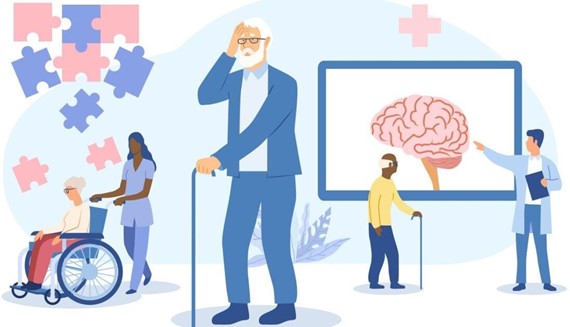A client is showing symptoms of alcohol intoxication. What question should the nurse ask first?
"Are you experiencing a relapse?"
"What time was your last drink?"
"How long have you had a problem with alcohol?"
"Are you having any liver problems?"
The Correct Answer is B
A) Incorrect. While understanding if the client is experiencing a relapse is important, knowing the timing of the last drink is crucial for assessing the level of intoxication.
B) Correct. Knowing the time of the last drink helps the nurse gauge the current level of alcohol in the client's system, which is crucial in assessing and managing alcohol intoxication.
C) Incorrect. While understanding the duration of the client's problem with alcohol is important, it is not the most immediate concern when the client is showing symptoms of intoxication.
D) Incorrect. Asking about liver problems is relevant but not the first priority when the client is exhibiting signs of alcohol intoxication.
Nursing Test Bank
Naxlex Comprehensive Predictor Exams
Related Questions
Correct Answer is A
Explanation
A. Labeling the bathroom door can provide a visual cue to help the older adult locate the bathroom, which may reduce episodes of incontinence.

B. Taking the older adult to the bathroom hourly is a good strategy, but it may not always be feasible or effective in preventing accidents.
C. Using disposable adult briefs may be necessary at times, but it should not be the first line intervention.
D. Limiting oral fluids to 1000 mL/day may lead to dehydration and is not an appropriate intervention for addressing incontinence.
Correct Answer is {"dropdown-group-1":"A"}
Explanation
A. Neologisms are new words or expressions created by the individual, often with personal meaning only they understand. "Frobitz" is an example of a neologism.
B. Loose associations involve a lack of logical connection between thoughts and ideas, leading to disjointed or incoherent speech.
C. Delusional thinking involves holding false beliefs that are resistant to reason or contradictory to evidence.
D. Circumstantial speech involves excessive and unnecessary detail before getting to the point of a conversation.
Whether you are a student looking to ace your exams or a practicing nurse seeking to enhance your expertise , our nursing education contents will empower you with the confidence and competence to make a difference in the lives of patients and become a respected leader in the healthcare field.
Visit Naxlex, invest in your future and unlock endless possibilities with our unparalleled nursing education contents today
Report Wrong Answer on the Current Question
Do you disagree with the answer? If yes, what is your expected answer? Explain.
Kindly be descriptive with the issue you are facing.
